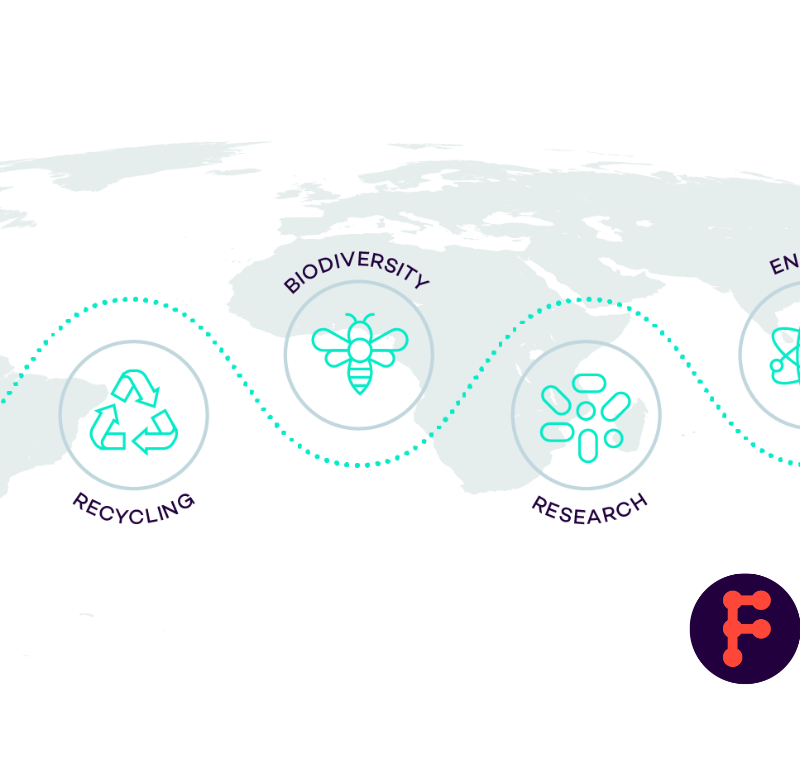Creating content for the voice activated world
These include Google’s Assistant, Apple’s Siri, Microsoft’s Cortana and Amazon’s Alexa.
Speaking at the recent FIPP World Congress, Alice Zimmermann, Global Product Partnerships, Google, says we are entering a ‘new world of conversational computing’.
Google Assistant is now available on over 150 million devices including the recently launched Google Home Max and Google Home Max products as well as on its latest generation of smartphones such as the Google Pixel 2.
What’s more, Google is working with 70 third party manufacturers for voice activated smart home devices. This will allow users to control everything from their heating and lighting to their home security, simply by using their own voice. Google Assistant is now sophisticated enough to differentiate between different family members’ voices and comes with much better natural language processing.
According to Zimmermann, there are three main purposes of the Google Assistant.
- Firstly to help users get things done.
- Secondly to simplify their lives.
- Finally, to delight them in a natural way, for example through entertaining and engaging content.
“Google Assistant should make our lives easier, not just our digital lives,” explains Google’s Zimmermann. “It should be both thoughtful and helpful,” she adds.
Zimmermann sees several areas where publishers/content creators could plug their content into these voice activated devices. For example, in the home it’s now possible to deliver step by step instructions for a recipe by voice rather than the user having to type into a mobile device or watch an instructional video which may not be possible to do while cooking.
Another opportunity is plugging into people’s daily routines or helping with tasks such as taking regular exercise or filling in a tax form. For example, personal finance website The Motely Fool provides an ‘action’ (rather like an app or what Amazon’s Alexa calls a skill) that lets you get check stock prices via Google Assistant. Google is also working with The Economist and with Elle magazine on voice-activated content. Zimmermann also sees opportunities to create compelling story-telling content.
Finally using Google’s API (Application Programming Interface), it will also be possible to translate digital content from various sources. This could prove particularly useful for international publishers syndicating their content worldwide.
More like this
How HBR tunes into “weak signals” to spot future trends
G+J CEO shares seven top lessons for success
How reporting the truth can transcend turbulent political times
The Business of Fashion: from blog to international media business







